You want to ask the right questions during a customer interview. You want to make sure that the time set aside for everyone is not a waste, and you get the data you are looking for.
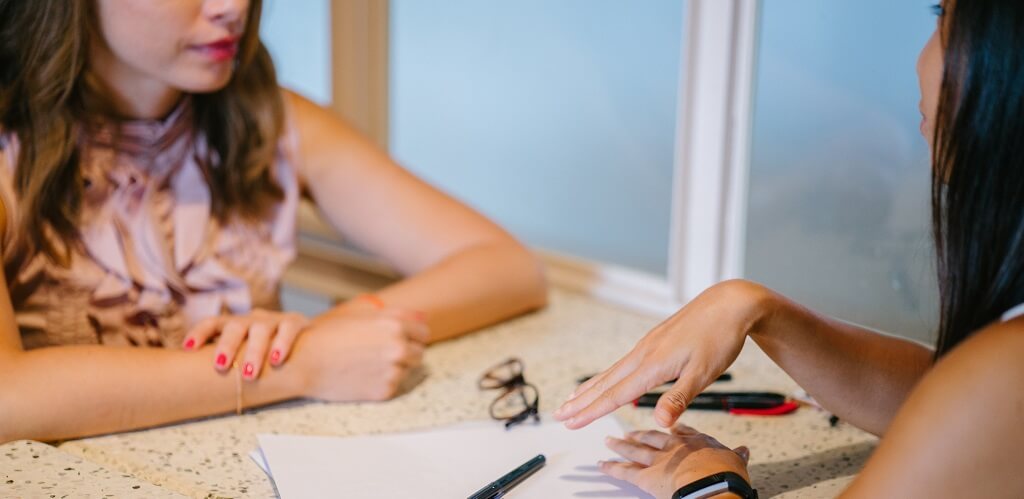
What is a Customer Interview?
A customer interview is a little bit self explanatory — it’s an interview where you talk to your customer about their buying process, what they think of your company, etc.
These interviews are a normal occurrence when you’re doing customer research.
The point of it is to find out useful information that you can use in your marketing.
Businesses are always talking about having their client’s interest in mind. Most of the ones I talk to though, have never tried figuring out what their clients actually want.
Many companies do surveys about what they thought of the service or the employees that they interacted with. It’s rare to see a company that asks their clients what they think of the company as a whole, or what the client didn’t like about their experience.
Why would anyone want to meet with you to do this though?
You’d be surprised at how many people are willing to do interviews. People love talking about what themselves and their opinions.
As the interviewer, it is your job to keep them talking about information that your company would want to know. That’s the hard part.
In all my time of helping businesses do customer research, I have found that satisfied clients are actually very willing to help. Even if they are not fully satisfied with your company. People like that can help you even know since they know exactly what went wrong for them.
Customer Interviews vs Surveys
Customer interviews are key to understand clients and why people like them bought from you and not from somebody else.
Surveys are an easy and fast way to get this data because you can send it to many people all at once. The problem with surveys is that most of the time, you will get a one or two sentence response.
Surveys are static.
You can’t go back and forth and ask them to expand on what they mean. People tend to write things to the point, and that leaves a lot of information out of your reach.
I’ve seen survey answers cause more confusion and there was no way of clearing it up than by scheduling a call with the client to explain. This made the whole point of doing surveys less convenient.
Interviews on the other hand, take more time and effort on your part. They require more planning and scheduling conflicts may delay when you get this data. The major upside to it is that you can be human and have a conversation with them.
It’s a better channel to understand your clients and what they felt through their buying experience. Nonverbal communication is very important when understanding other people, which is why I always recommend face to face interviews.
As this article by helpguide.org mentions:
Your nonverbal communication cues—the way you listen, look, move, and react—tell the person you’re communicating with whether or not you care, if you’re being truthful, and how well you’re listening. When your nonverbal signals match up with the words you’re saying, they increase trust, clarity, and rapport.
Customer interviews is the best way I have come across that allows businesses to understand their clients and what they are looking for.
Not only does it help you get closer to your clients, but it gives you more and better data to make informed decisions for your marketing strategy.
How to do a Good Interview

When scheduling customer interviews, I would definitely advise at a minimum to do a video chat if possible. Like I said my preferred way is to do face to face interviews.
There’s a whole – maybe not science – but there’s a way to do good interviews, and most people don’t.
The key is to talk as little as possible.
You want to cue people up, so that they’re focused on the right things and you’re getting what you want to get out of the conversation.
Ask open-ended questions and let your client run with it. If the client starts to open a door – and what I mean by that is they tell you a little bit about something that you want to know, then you can talk and expand the point further.
Something like, “Hey, you mentioned where you were at the time that you bought. That seemed important. Can you tell me more about that?” We want to ask these follow up questions, so that people will expand upon what they’re telling us.
Do not ask any leading questions. Questions like “Is this feature your favourite?” are a big no no.
Most people will want to satisfy you, the interviewer. Rather than that, you could say “What feature do you find yourself using the most?”. That would be a much better question.
Be yourself.
This is not a job interview or an audition for a tv show. You have a connection with this client, they’ve bought from you before and you are asking for their help in knowing if your company is doing a good job.
No need to act all nervous or rigid, Be a friend and make them feel comfortable. They will be more open to talking if they feel comfortable.
Talk to your customers, get that information about why people buy, take notes or record it if you can.
After you do 5 to 10 interviews, you’ll know at least twice as much as you knew before, probably much more than that.
Top 10 Questions
In my interviews, I always prefer to ask BDA questions. Before, During, and After.
This means I want to ask questions of what was happening before or early on in their buying experience, during it when they were actively buying something, and what they felt after buying.
We also want to know what they think about since then, are they still interested in doing more business with you? Why or why not?
The questions below are just some of the questions I can ask during an interview. I chose these ones because they are robust and can work in most industries.
Obviously if you are creating interview questions yourself you should be tailoring them to your business and industry to achieve the best results.
Here are the questions I recommend:
Before
1. Tell me about yourself
2. What was happening in your life that made you want to purchase this product?
3. What were you drawn to about this product?
During
4. Describe your buying journey from your perspective. How was it? How did you feel?
5. If you could have changed something about the buying process, what would it have been?
6. When you were making a decision to do business with us, were you evaluating us against other companies? Who were you comparing us to and why?
After
7. What was it like after you bought? What did you actually get out of our product?
8. Do you like businesses that you care about stay in contact with you after your purchase? If so, how?
9. What is the way that everyone else is marketing to you that no longer resonates?
10. What is the last campaign or marketing message that you have seen that has really made you react and respond?
Collect and Review Marketing Data
After all your interviews, collect all of that data and segment them based on themes you have found.
There’s always patterns.
Find them and use them in your marketing strategy to improve customer service, the customer buying journey, and a hundred other things you could do with data.
Tip: Spreadsheets make it easy to manipulate the information and put it in the appropriate theme columns. After that you can make it into a report if you need to.
I go deeper into topics like these in my email list. I break down and tell you everything you need to know to create a proper marketing plan, including how to get the data and use it effectively. Sign up below if you are interested.

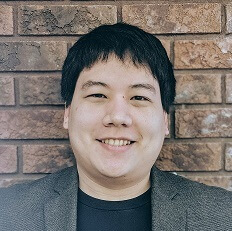
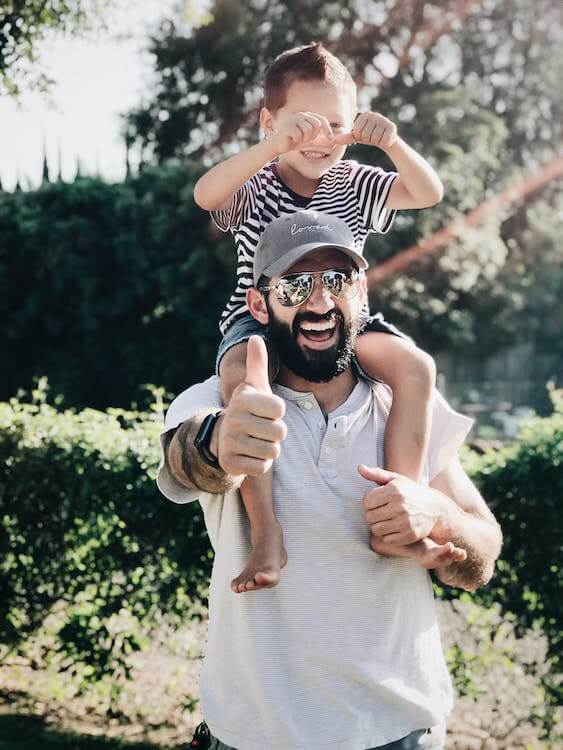
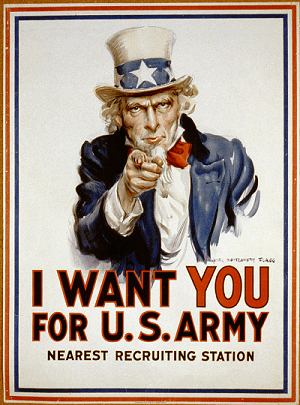
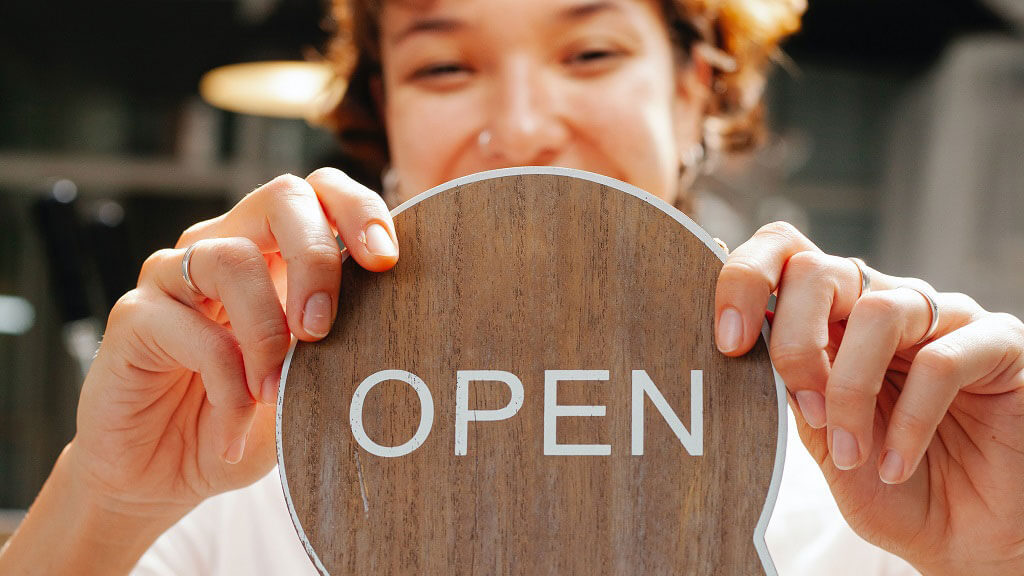
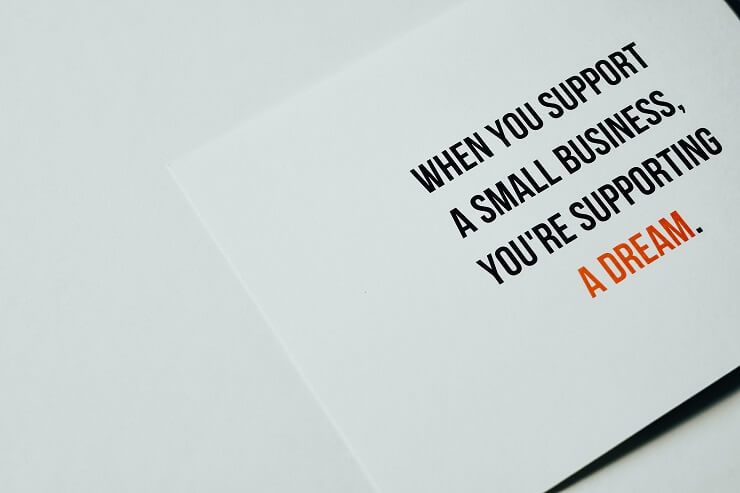
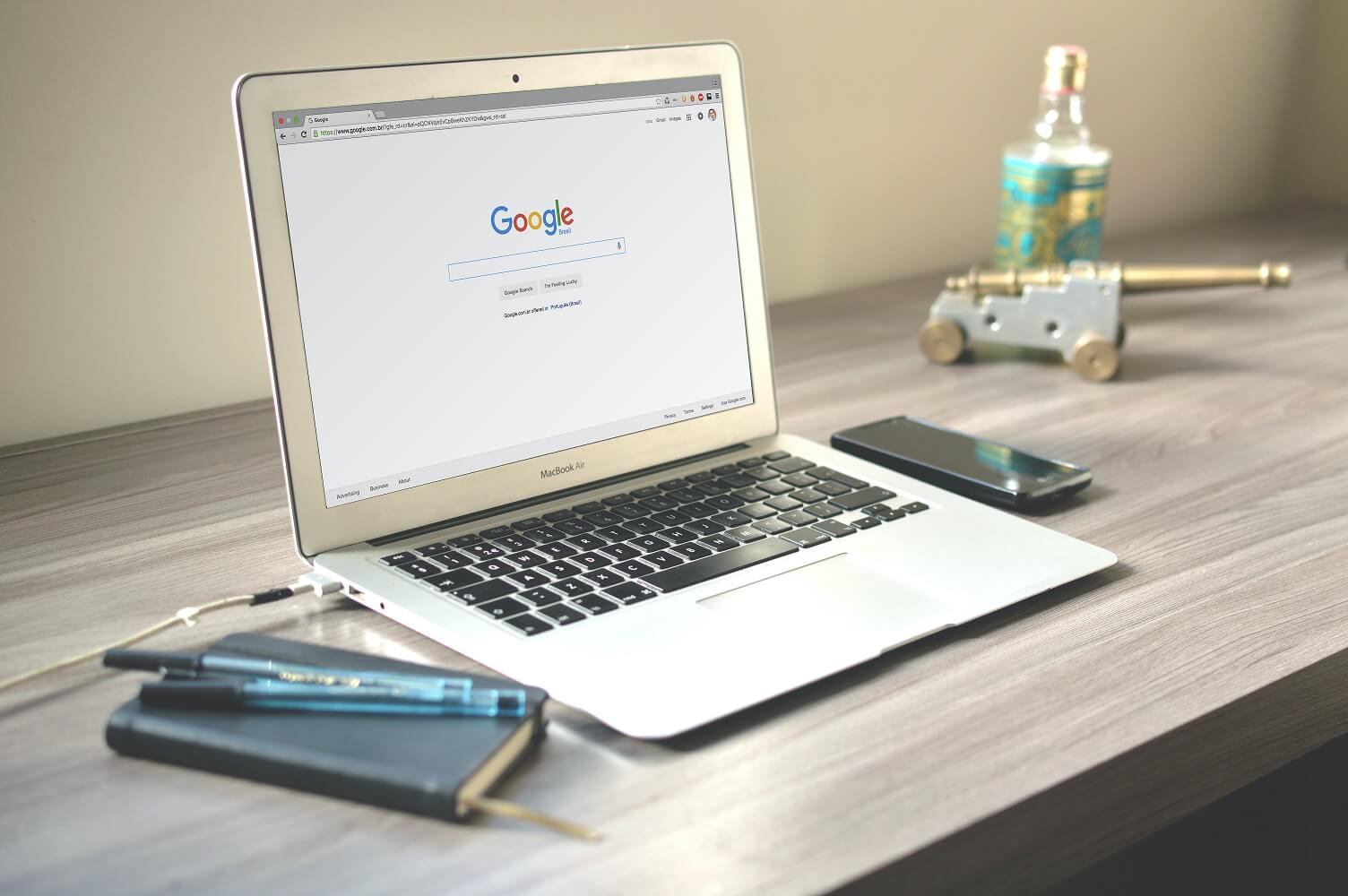

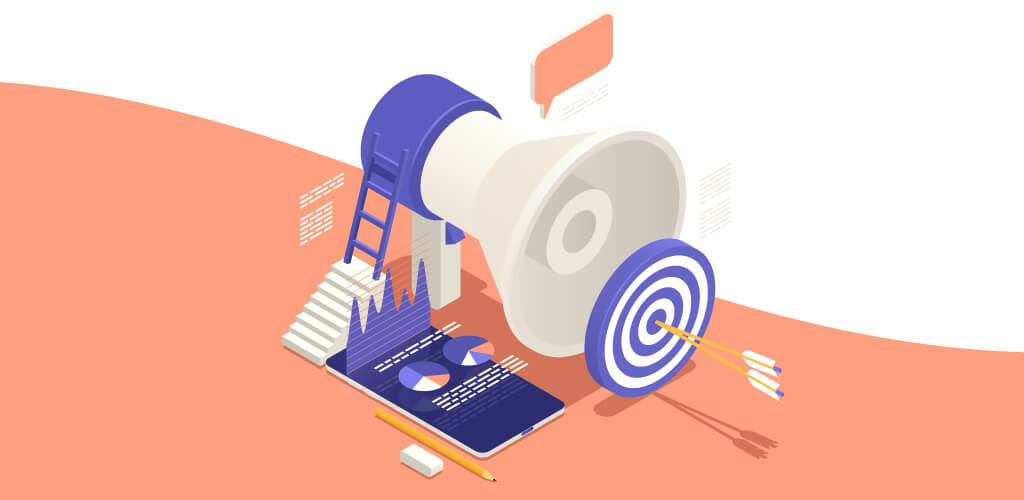
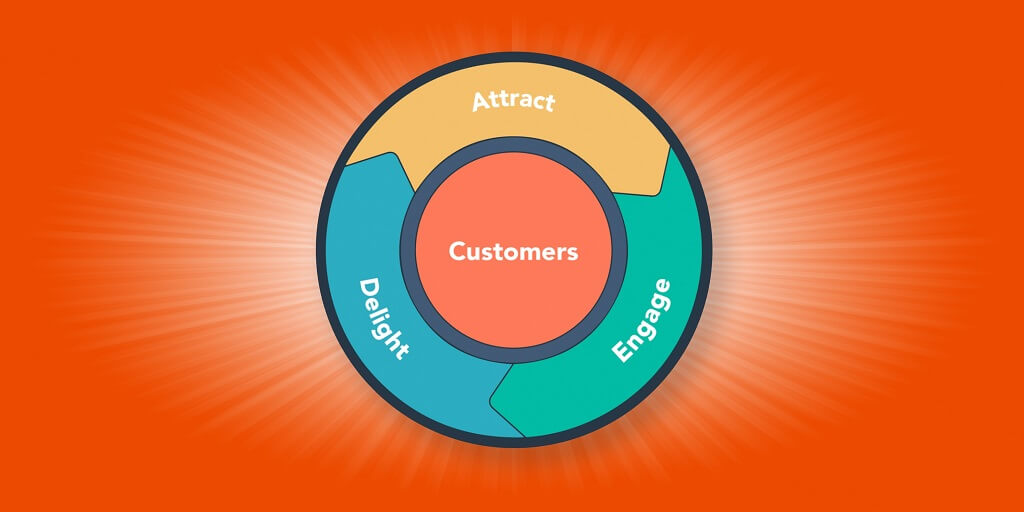
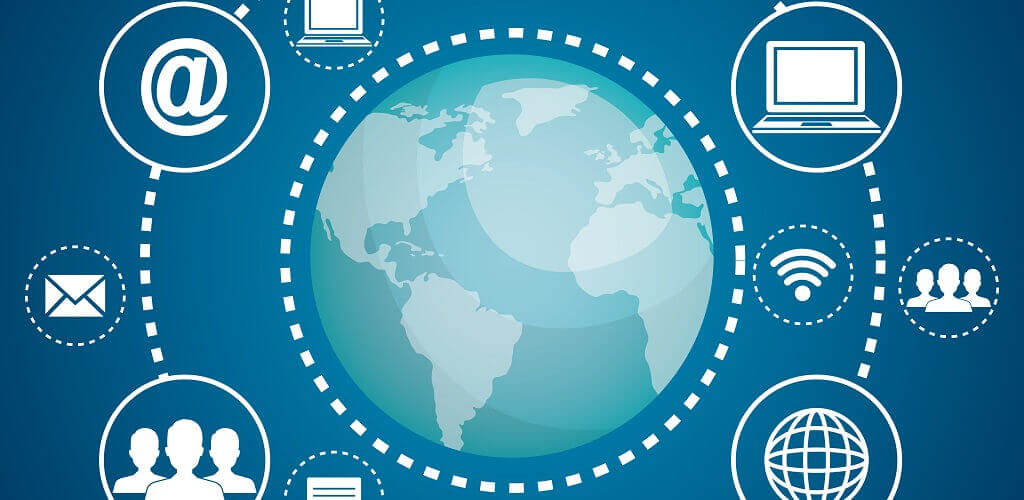
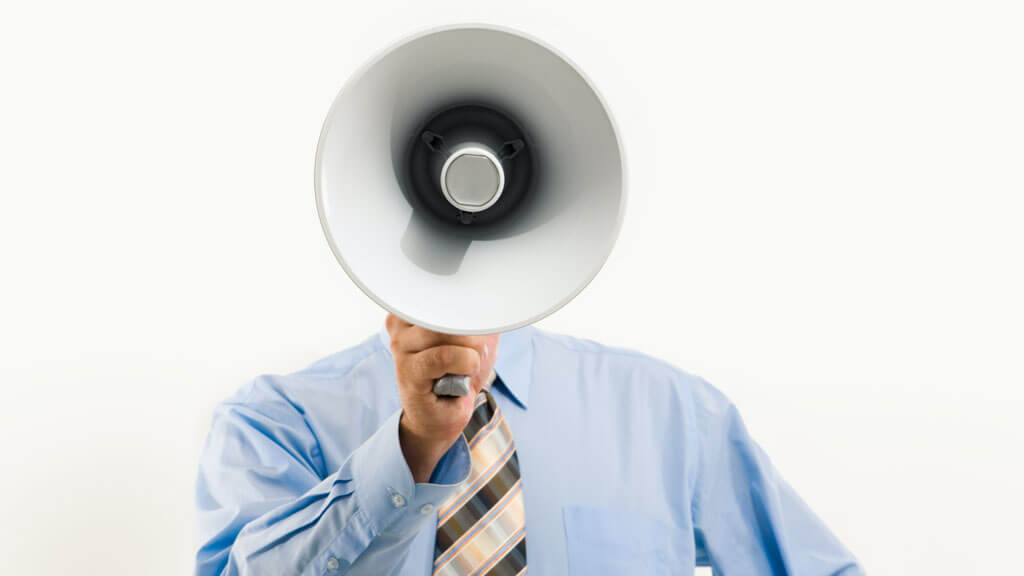
Comments are closed.